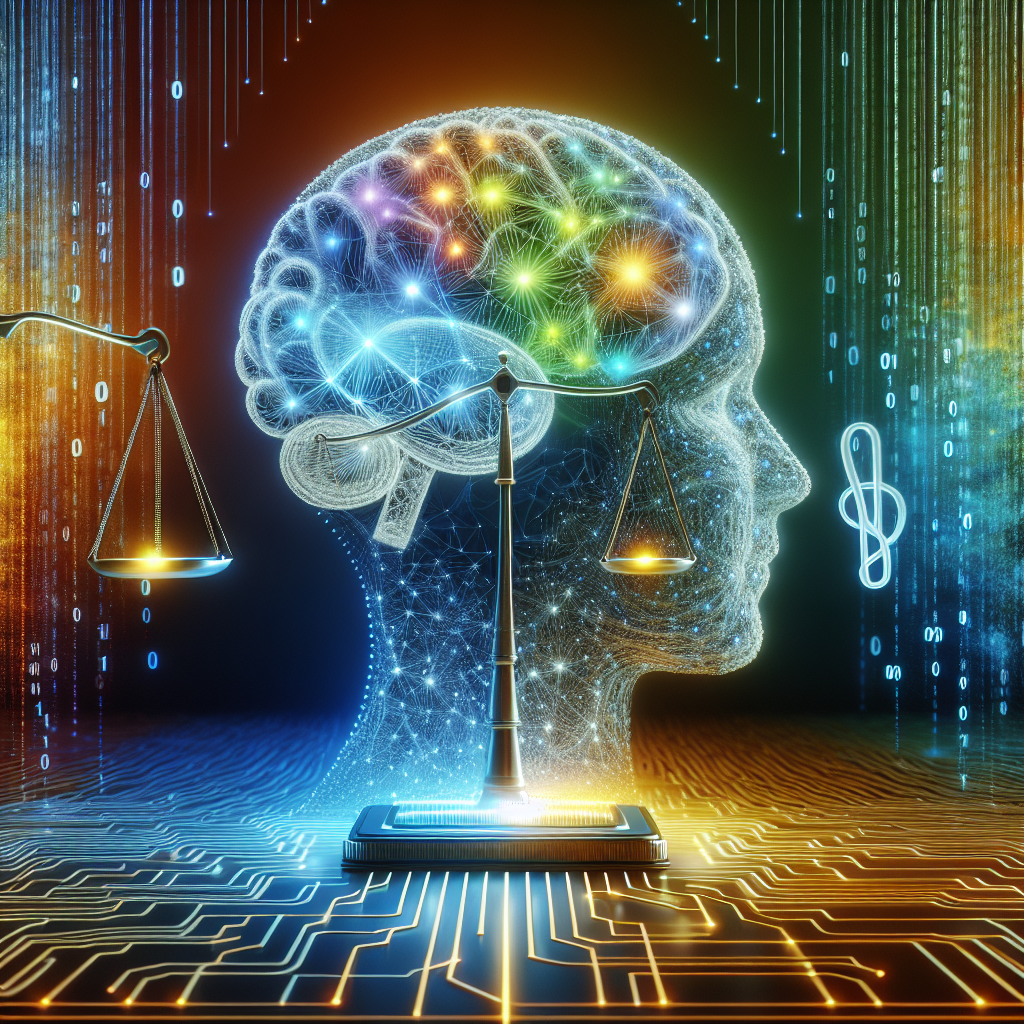Artificial Intelligence (AI) has become a transformative force in various industries, influencing how we work, communicate, and even make decisions. However, as its capabilities expand, so do the ethical dilemmas that accompany its deployment. This article explores the moral implications of AI, the ethical frameworks influencing its development, the key challenges it presents, and potential solutions for navigating these dilemmas.
Understanding Artificial Intelligence
What is Artificial Intelligence?
AI refers to the simulation of human intelligence in machines that are programmed to think and learn like humans. This encompasses a range of technologies, including machine learning, natural language processing, and robotics. From self-driving cars to virtual assistants, AI is being integrated into multiple facets of daily life.
The Importance of Ethical Considerations
Given its pervasive influence, ethical considerations surrounding AI are becoming increasingly critical. Decisions made by AI systems can have profound impacts on individuals and societies, raising questions about accountability, bias, transparency, and privacy.
Key Ethical Frameworks
Utilitarianism
Utilitarianism is a consequentialist ethical theory that promotes actions that maximize overall happiness or well-being. In the context of AI, this framework can be applied to assess the benefits of AI systems—such as improved efficiency and enhanced decision-making—against potential harms, including job displacement and privacy violations.
Deontological Ethics
Deontology focuses on adherence to defined moral rules or duties. This framework prompts developers and users to consider the ethical obligations associated with AI, such as the responsibility to create systems that respect user autonomy and safeguard human rights.
Virtue Ethics
Virtue ethics emphasizes the character of the moral agent rather than the consequences or rules governing actions. In AI, this perspective encourages a focus on the ethical values of those designing and implementing AI systems, fostering a culture of responsibility and integrity.
Ethical Challenges in AI
Bias and Discrimination
AI systems can inherit biases present in their training data, leading to discriminatory outcomes. This is particularly concerning in high-stakes areas like hiring, criminal justice, and lending. Addressing bias requires careful dataset curation, regular audits, and implementation of fairness algorithms.
Transparency and Accountability
The "black box" nature of many AI algorithms makes understanding their decision-making processes difficult. Transparency is crucial for accountability; stakeholders must be able to question how decisions are made, especially when they affect people’s lives. Strategies such as explainable AI (XAI) aim to make AI systems more interpretable.
Privacy Concerns
AI technologies often require extensive data collection, raising serious privacy issues. The ethical dilemma here revolves around balancing the benefits of data utilization with individuals’ rights to privacy. Data protection regulations and privacy-preserving techniques (e.g., differential privacy) are important considerations.
Job Displacement
The rise of AI poses significant challenges to the workforce, as automation threatens to displace jobs across numerous sectors. Ethical discussions around AI should include consideration of the socioeconomic impact and the responsibility of stakeholders to facilitate retraining and reskilling for affected workers.
Addressing Ethical Dilemmas
Design Ethics
Incorporating ethics into the design process of AI systems is critical. This entails assessing potential ethical dilemmas during the initial stages of development, ensuring that a diverse team of developers considers multiple perspectives.
Regulatory Frameworks
Policymakers are increasingly recognizing the need for regulations to ensure ethical AI deployment. National and international guidelines can help establish frameworks for accountability, requiring organizations to conduct ethical assessments and impact reviews.
Public Engagement
Engaging the public in conversations about AI ethics is essential. This fosters awareness and encourages collaborative discourse among stakeholders—including developers, users, policymakers, and ethicists—to shape the moral landscape of AI.
Continuous Research and Adaptation
Ongoing research into the ethical implications of AI is vital. As technology evolves, so too must our ethical frameworks. Continuous evaluation of AI’s societal impacts and dynamic adjustment of ethical guidelines will help address emerging dilemmas.
Conclusion
The intersection of AI and morality presents complex ethical dilemmas that demand urgent attention. By employing various ethical frameworks and adopting comprehensive strategies to mitigate bias, enhance transparency, and protect privacy, stakeholders can work toward the responsible development and deployment of AI technologies. As we navigate these challenges, a commitment to ethical considerations will be crucial in shaping a future where AI benefits society as a whole.
As you delve deeper into the ethical implications of artificial intelligence, you might find the topic of [machine learning](https://en.wikipedia.org/wiki/Machine_learning) relevant, given its foundational role in AI technology. Additionally, exploring [natural language processing](https://en.wikipedia.org/wiki/Natural_language_processing) can provide insight into how AI systems interpret and interact with human language. For a broader perspective, consider looking into [algorithmic bias](https://en.wikipedia.org/wiki/Algorithmic_bias) to understand how biases can permeate AI systems and influence their decision-making processes. Lastly, the concept of [explainable AI (XAI)](https://en.wikipedia.org/wiki/Explainable_artificial_intelligence) may be of interest, as it focuses on making AI algorithms more transparent and interpretable. Understanding these concepts will help in appreciating the full scope of AI’s ethical challenges and opportunities.





